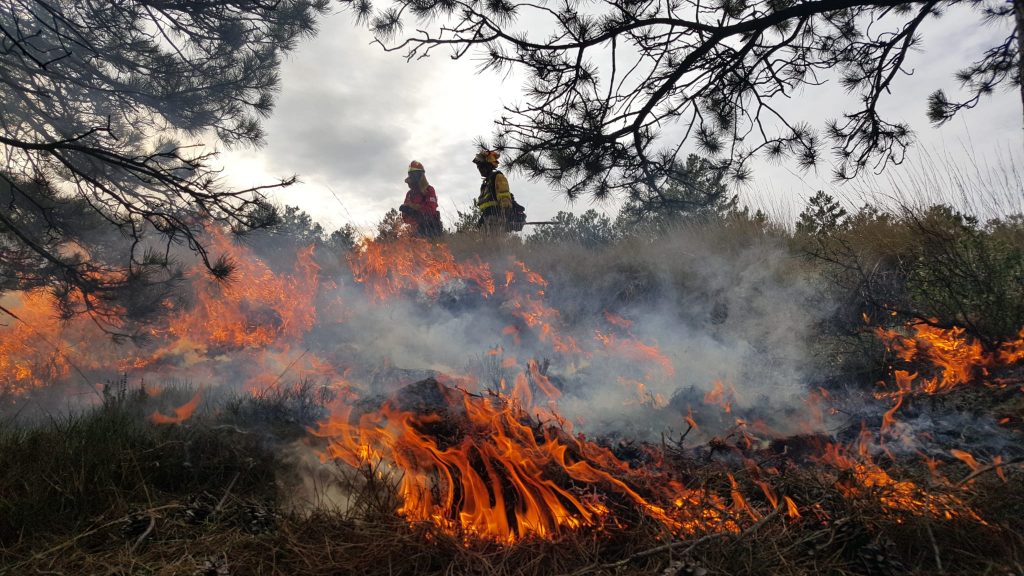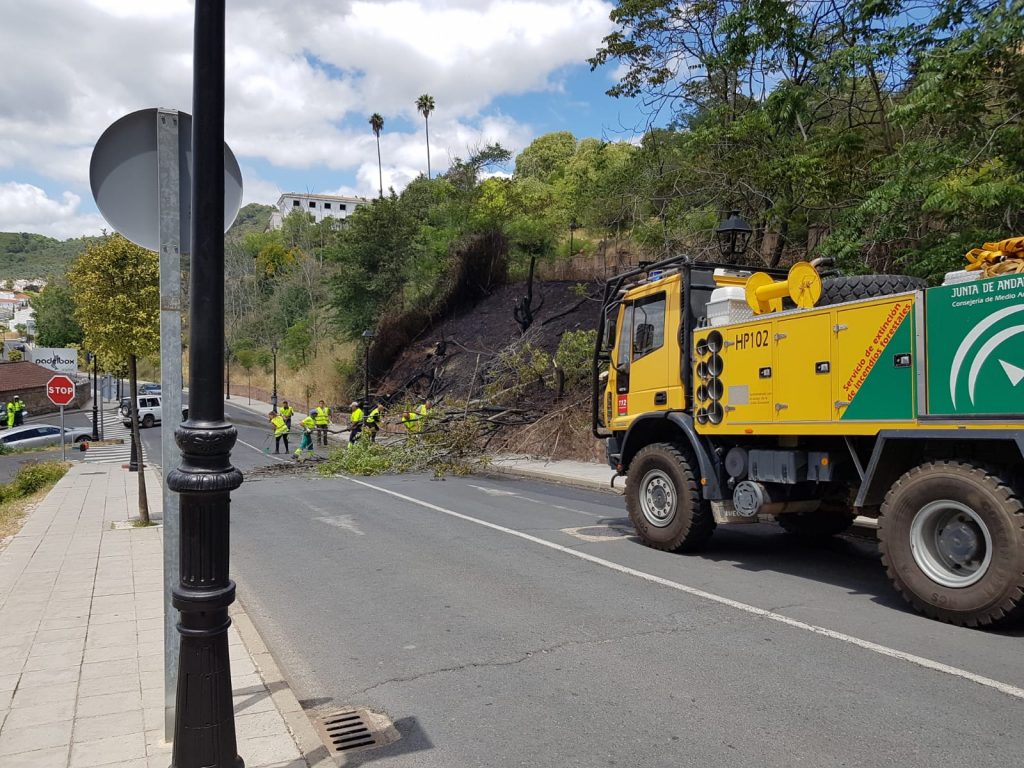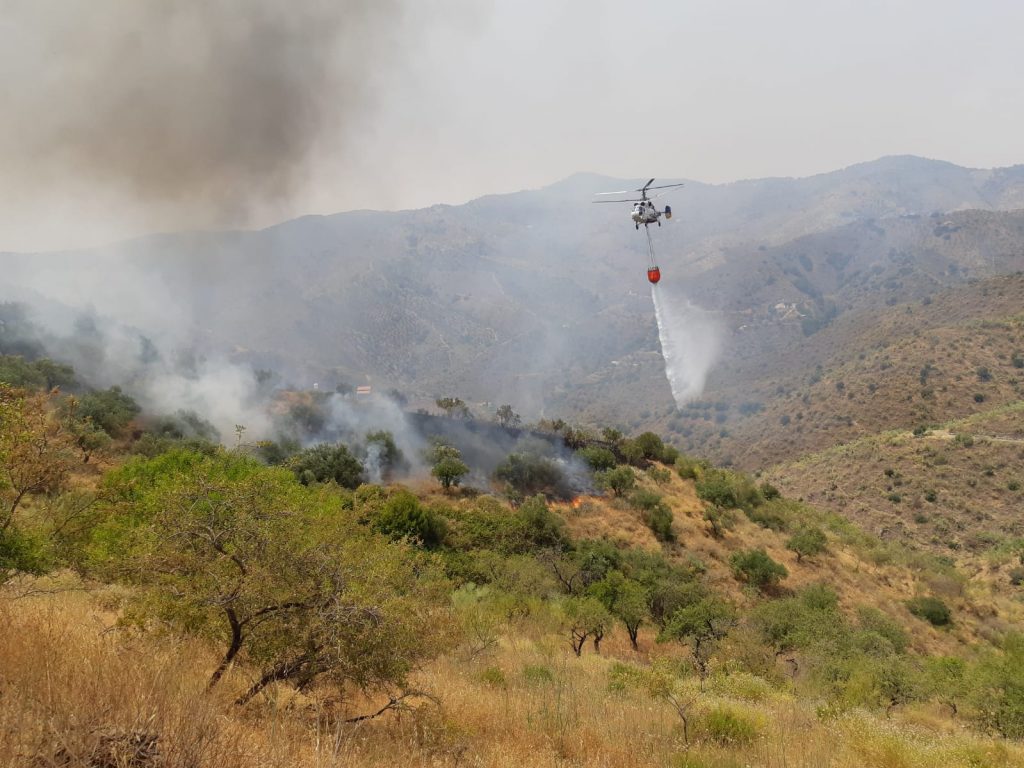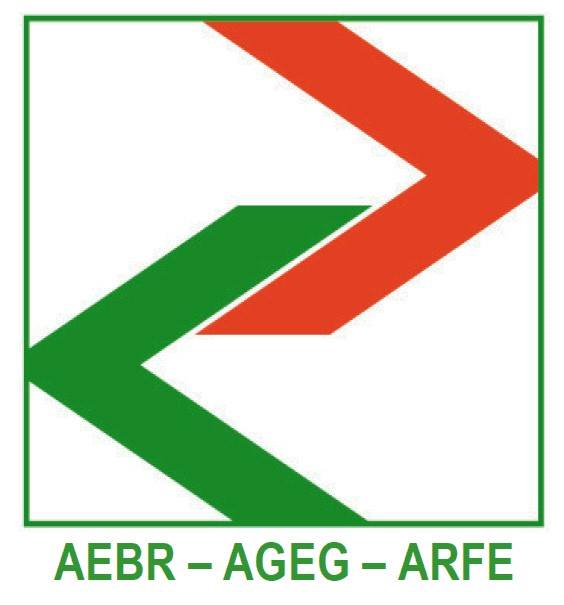E tudo o que o vento levou
As humans we have a very short-term memory. We tend to have the necessity to remind ourselves, constantly of all the dangers there are outside. We need tv commercials, teachers to tell us about all the things in history that made us turn against each other and towards nature, our parents trying to warn us (at times constantly) about dangers in the streets, tweet alerts about news, facebook posts about a specific dauntingly terrible event that marked a community, telenovelas and tv shows with big historical fact-checked events to remind us, over and over again about tragic and dangerous events that happened or could happen in the future (e.g Chernobyl, The Night Stalker, The Crown). We consume all this content, over and over again, every day and even unconsciously, we crave it.
Unfortunately, even there being multiple groundbreaking-eye opening tv shows, alerting commercials and cop-out tweets, large forest fires are still a big thing in Portugal and Spain. People are still losing their homes and their safe “haven”. Thousands of good civilians that pay taxes, respect society rules, take care of their animals and their old ones, still get their homes destroyed by fires every year. So, as we can see, things have not changed.
One of the curious things about being born and raised in Portugal is that you get used to certain things such as the smell of fire, more precisely, the smell of wood burning. It’s extremely common during the summer to run your eyesight across the sky and see smoke or a helicopter flying around with a tank of water, especially if you live in the interior or south of the country in areas such as Coimbra, Alentejo, Algarve etc.
This is precisely why FIREPOCTEP is needed. People need projects like this to keep in mind the danger that fire is to communities and how much destruction it can bring. Projects like FIREPOCTEP exist to help communities on both countries (Portugal and Spain) prevent and fight large forest fires in a co-operative cross border way. FIREPOCTEP is currently being implemented by a public-private partnership formed by 21 beneficiary entities from Spain and Portugal, led by the Junta de Andalucía. This project has a duration of 2 years and 6 months and is focused on favoring development between neighboring border regions of both countries, enabling the strengthening of forest fire prevention and improvement of extinction systems in both countries and resources for the creation of rural employment in the face of the Post-Covid-19 health crisis. FIREPOCTEP’s intervention focus area is the border between Portugal and Spain, La Raya.
Thus, FIREPOCTEP has three specific objectives. First, identifying Strategic Management Zones to minimize the risk and impact of major fires through comprehensive landscape management in the face of global climate change. Secondly, to encourage public and private investment through pilot experiments within the scope of the Circular Green Economy and the investigation of new market opportunities. And, thirdly, to educate the fixed and occasional rural population about the risk of large forest fires, good preventive practices and self-protection.
During my time as an IVY volunteer part of one of the beneficiary entities, FINNOVA – an non-profit European foundation with the firm intention of promoting international and interregional cooperation by identifying social and innovative issues, generating innovative ideas and shaping them into projects supported financially by the European Commission, to promote sustainable development at national, regional and local level – has been filled with creation of content for their website, design of all the propaganda material for this particular project, management and event programming, amongst other things. Not only I have been able to get involved in a project that contributes to the wellness of several communities through learning and spreading awareness towards large forest fires and it’s dangers but also got the pleasure of learning about Interreg projects and all it’s bureaucracy.
For someone who always saw on TV multiple news about Europe Union, Europe Commission and all their different projects throughout Europe territory and not knowing what they meant or what they were talking about, this year – it all changed for me. I’m surely happy for taking a part of FIREPOCTEP over the last couple of months. It definitely gave me an insight over all the different efforts and resources that EU puts into important projects like this, that can change people’s lives. Even though there is still much to be done until I finish my stay on this project, I truly hope we will be able to make the world (or at least La Raya) a no-fire-zone for many more years to come.
In conclusion, as humans it’s astonishing how we can always rebuild new homes and reconstruct new memories. We always get back up. Maybe it’s our hope for a better future that drives us or even our survivor instinct. There are tons of papers that talk about this more in dept. What I do know in the end, is that memory is something powerful. Nature makes sure that the ground is black once it has been burned. It marks death, until there is a new source of life and therefore, rebirth of the land. The same happens with our memory. Our bad memories turn dark, hazy, and negative until we heal and fill them with light, hope and positivity.
We aren’t so different from nature after all. The only difference is that we need the bad memories and the tragic experiences in order to get back up again and remember of what not to do – until we forget again.
FIREPOCTEP’s social media:
Twitter: https://twitter.com/firepoctep/
Facebook: https://www.facebook.com/firepoctep/
P.S: “Gone with the wind” it’s a novel from Margaret Mitchell (1936) and a movie (1939) that portrays the United States of America during a controversial period of their national history, the Civil War (1861-1865). I used this novel’s title as a parallel literal analogy to all the things that have been forgotten (burnt to the ground and turned into aches by forest fires). “Gone with the Wind” or in Portuguese “E tudo o que o vento levou” is a poetic expression to say that the wind took all the memories/recollections of a space or an event and left no trace of them just like a scenery after a fire.
Flávia Silva, Interreg Project Partner at FIREPOCTEP project





